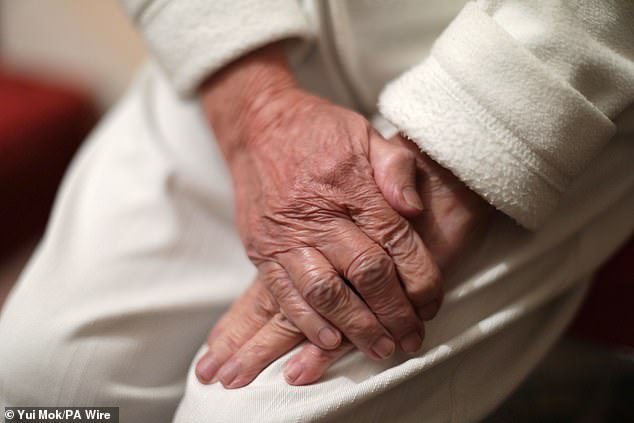Study Warns: Frequent Lie-Ins May Be Early Sign of Alzheimer's
Frequent oversleeping might be an initial sign of several serious conditions like Alzheimer's, as suggested by recent research.
Research has shown that individuals getting approximately seven hours of sleep are less prone to experiencing significant health problems.
Individuals who get more than seven hours of sleep are at an increased risk of experiencing cognitive decline along with developing heart disease. diabetes .
However, individuals getting less than seven hours of sleep were more prone to experience low mood, feelings of fatigue, along with diminished muscle and bone health.
Brain scans indicated that the brain regions associated with emotions seem smaller in individuals who get less sleep. Experts think this might be linked to the depressed moods observed in such cases.
Experts termed the discoveries as a 'game changer' in comprehending the link between sleep and well-being.
The research conducted at the University of Warwick examined sleep patterns involving almost 500,000 individuals aged between 38 and 73 years old.
The researchers indicate that for individuals who sleep excessively, this is probably a sign of an underlying condition rather than the reason behind it.


Prior studies have indicated that getting more than nine hours of sleep might signal the presence of Alzheimer's, a neurodegenerative disorder. However, experts from Warwick University now think that routinely sleeping for over seven hours may also point towards this serious illness.
Nevertheless, individuals who get less than seven hours of sleep attribute their health problems to the insufficient amount of sleep they are getting.
Experts express their optimism that these discoveries could enable early detection of illnesses and swiftly offer treatment strategies for individuals struggling with sleep disorders.
The following phase of the study will involve monitoring alterations in sleep patterns as time progresses.
'This represents a significant change in our understanding of the connection between sleep and overall health,' states Professor Jianfeng Feng, a biologist and co-author of the study from Warwick University.
'Ultimately, our aim is to develop a complete sleep health profile throughout an individual’s entire lifetime, offering practical recommendations for people at each phase.'
Read more
Post a Comment for "Study Warns: Frequent Lie-Ins May Be Early Sign of Alzheimer's"